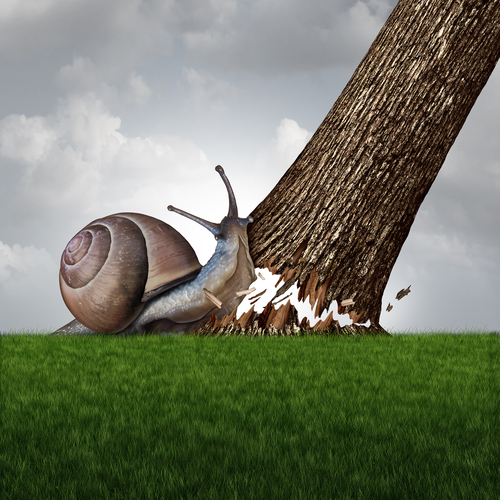God grant me:
1) Serenity – to accept the things I can not change,
2) Courage – to change the things I can, and
3) Wisdom – to know the difference.
The Serenity Prayer accounts for 50% of the practice of Raja Yoga.
Courage, “tapas” in Sanskrit, is described by Sri Swami Satchidananda in his 1978 “Integral Yoga: The Yoga Sutras of Patanjali” as follows:
_____
The direct meaning of “tapas” is “to burn”. By the physical tapas of fasting, we burn our excess fat away along with the toxins our bodies have accumulated. By mental tapas, we burn all our old impressions. By verbal tapas, observing silence, we control speech. When we burn, we feel some heat and pain. We undergo suffering. So, tapas [courage] also means to accept suffering. If someone suffers, he or she is blessed, because by that suffering some impurities are purged out.
In order to make our minds clean and steady we must accept suffering, pain and poverty. It is even more beneficial if, at the same time that we accept pain, we bring happiness to others. So, accept the pain of others. [This is why therapists counsel depressed patients to volunteer: helping others feels good.] We never lose by accepting pain. We should never run from it.
In our lives there are hundreds of opportunities for tapas [to be courageous – in attitude AND in action]. Even a cloth must undergo tapas to become clean. What will the laundryman do with my cloth? Will he fold it, put some sandalwood paste and a flower on it and give it back to me? No. First, he’ll soak it in boiling water with soap. Then he’ll beat it every which way. Then he’ll tumble and roll and squeeze it in the washing machine. After that, he’ll dry it in a hot chamber and iron it. Only then does the cloth lose all its dirt and grime. It undergoes tapas to become pure. The laundryman has no hatred for the cloth when he does all those things to it. He only wants to make it pure. It is out of his love that he inflicts pain.
The mind too must be washed, squeezed, tossed, dried and ironed. Don’t think that if someone causes us pain they hate us, but rather that they are helping us to purify ourselves. If we can think like this, we are real Yogis. If anybody hurts our feelings, we should just smile at them….If we understand this point and accept it, we’ll never find fault with anybody who abuses, scolds or insults us. If flowery words make us happy but insults upset us, we know our minds are not yet strong. My teacher said, “Adapt, adjust, accommodate. Bear insult. Bear injury. That is the highest spiritual practice.” To go to a corner and pray is easy…but to be insulted and keep a serene mind requires tapas.
The power to control the body and senses comes from tapas [courage].
Once a man tried to anger a saint. He began insulting him, “You dirty rogue. See how many people you have ruined with your teachings?”
The saint remained quiet, smiling at his tormentor.
“Don’t you understand my language?” the man asked.
“Yes. Sure.”
“You mean, you’ve understood my insults?” The man was incredulous.
“I did.”
“Then how can you keep quiet?”
The saint answered, “Son, suppose you brought me some fruit and I refused it. What would you do?”
“I would have to take it back.”
“Yes,” continued the saint. “In the same way, I don’t enjoy all these things you have brought me. So you can just take them back.”
Handling things this way takes real strength and courage. A person who can only strike back physically may be physically strong but mentally weak. Mental strength comes from tapas.
A link to Satchidananda’s book: https://www.amazon.com/Yoga-Sutras-Patanjali-Swami-Satchidananda/dp/1938477073








